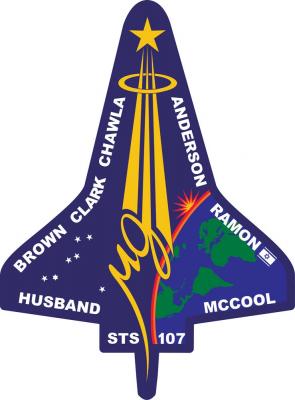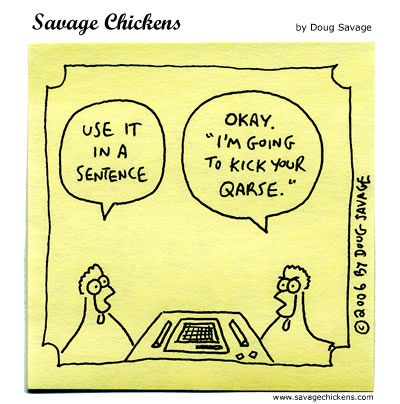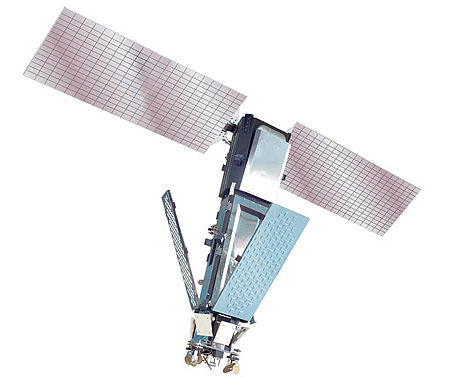 There’s a great in-depth article in the Iridium satellite network at TG Daily that is worth a read. When I worked in Boston back in 1997, an Iridium executive had come round to pitch the service, and made a compelling case for the technology and wow factor. Two years later it was bankrupt. the business model just wasn’t right for a consumer service:
There’s a great in-depth article in the Iridium satellite network at TG Daily that is worth a read. When I worked in Boston back in 1997, an Iridium executive had come round to pitch the service, and made a compelling case for the technology and wow factor. Two years later it was bankrupt. the business model just wasn’t right for a consumer service:
Analysts speculated back then that Iridium would need about 1 million customers to reach a break even. The estimated cost just to maintain the satellite network was about $540 million per year. Despite the hype, Iridium saw just a lukewarm feedback from customers: Just 3000 customers subscribed to the service in 1998. By the end of March, the customer base was just 10,300 and by the end of June just about 15,000. Still, especially market research firms fueled the hype around the company: Dataquest, for example, estimated in early 1999 that global satellite phone services would be able to attract about 10 million subscribers by 2003. Consider calling rates between $7 and $10 per minute and handset prices of more than $3000 and you can easily imagine that this was at least a $1 billion per month industry, if Dataquest was right. As we know today, they were wrong.
What was ignored at the time was the fact that Motorola had borrowed lots of money to build Iridium’s satellite network (the final price tag was reportedly more than $5 billion). The staggering cost to build and maintain the network as well as the failure to attract enough customers pushed Iridium’s quarterly losses above the half-a-billion-dollar mark by Q1 1999 and eventually forced the company to file for Chapter 11: Less than a year after the official launch of the service, Iridium defaulted on a $1.5 billion loan in August 1999.
I was under the impression that the network had been dismantled and the satellites abandoned. Instead, it had been bought out for pennies on the dollar and the business model completely revamped to focus on industry and military customers rather than the mobile consumer market. There still is no network quite like it, even though it’s based on technology that’s already decades old.
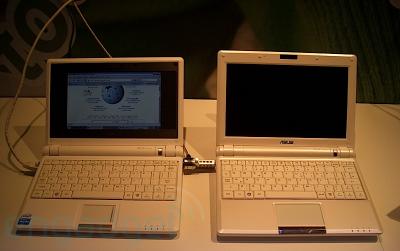
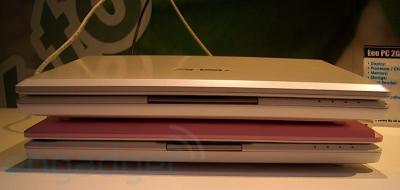
 Cloudware is software that primarily runs in the cloud, rather than on your own hardware. I’ve started
Cloudware is software that primarily runs in the cloud, rather than on your own hardware. I’ve started 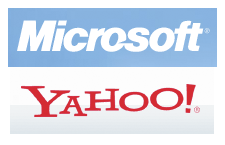 Yahoo’s board of directors is probably going to
Yahoo’s board of directors is probably going to 